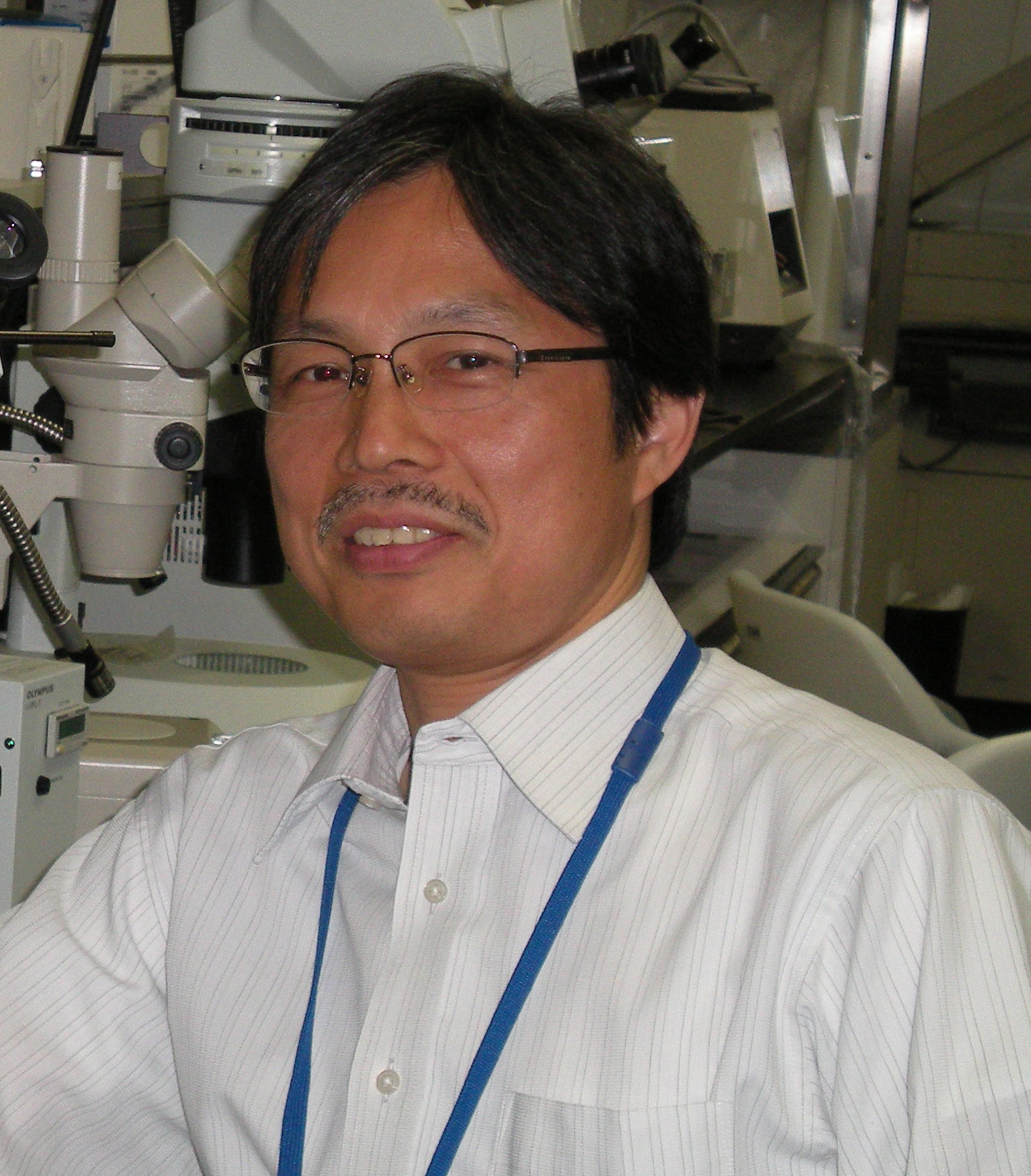 Toshio Ohshima
Toshio Ohshima
Official Title
Professor
Department of Life Science and Medical Bioscience
School of Advanced Science and Engineering, Waseda University
Examples of Classes Taught
Neuroscience, Developmental Biology and Genetics
Research Fields
Molecular biology、Neuroscience
Research
Our research goal is to understand the molecular mechanisms of neuronal differentiation, brain wiring and functional development of our brain. For this purpose, we analyze the functions of the genes which are involved in the brain development using mice and zebrafish as model animals. We use the results from these studies to develop the novel therapeutic approaches of neuronal regeneration. We further study the molecular mechanisms of higher brain functions such as learning, memory and emotion. These studies will help us to understand the molecular and cellular mechanisms of neuropsychiatric disorders and contribute to develop the novel therapeutic methods of these human disorders.
Selected publications
1. Togashi K, Hasegawa M, Nagai J, Kotaka K, Yazawa A, Takahashi M, Masukawa D, Goshima Y, Hensley K, Ohshima T. Lanthionine ketimine ester improves outcome inan MPTP-induced mouse model of Parkinson’s disease via suppressions of CRMP2 phosphorylation and microglial activation. J Neurol Sci 413:116802, 2019
2. Kondo S, Takahashi K, Kinoshita Y, Nagai J, Wakatsuki S, Araki T, Goshima Y, Ohshima T. Genetic inhibition of CRMP2 phosphorylation at serine 522 promotes axonal regeneration after optic nerve injury. Sci Rep 9, 7188, 2019
3. Ueda Y, Shimizu Y, Shimizu N, Ishitani T, Ohshima T. Involvement of sonic hedgehog and notch signaling in regenerative neurogenesis in adult zebrafish optic tectum after stab injury. J Comp Neurol. 526, 2360-2372, 2018
4. Shimizu Y, Ueda Y, Ohshima T. Wnt signaling regulates proliferation and differentiation of radial glia in regenerative processes after stab injury in the optic tectum of adult zebrafish. Glia 66, 1382-1394, 2018
5. Tonouchi A, Nagai J, Togashi K, Goshima Y, Ohshima T. Loss of CRMP4 suppresses dopaminergic neuron death in an MPTP-induced mouse model of Parkinson’s disease.
J Neurochem 137:795-805, 2016
6. Nagai J, Kitamura Y, Owada K, Yamashita N, Takei K, Yoshio Goshima Y, Ohshima T. Genetic deletion of Crmp4 promotes axonal regrowth after spinal cord injury by reducing microtubule destabilization and inflammatory responses. Sci. Rep 5:8269, 2015
